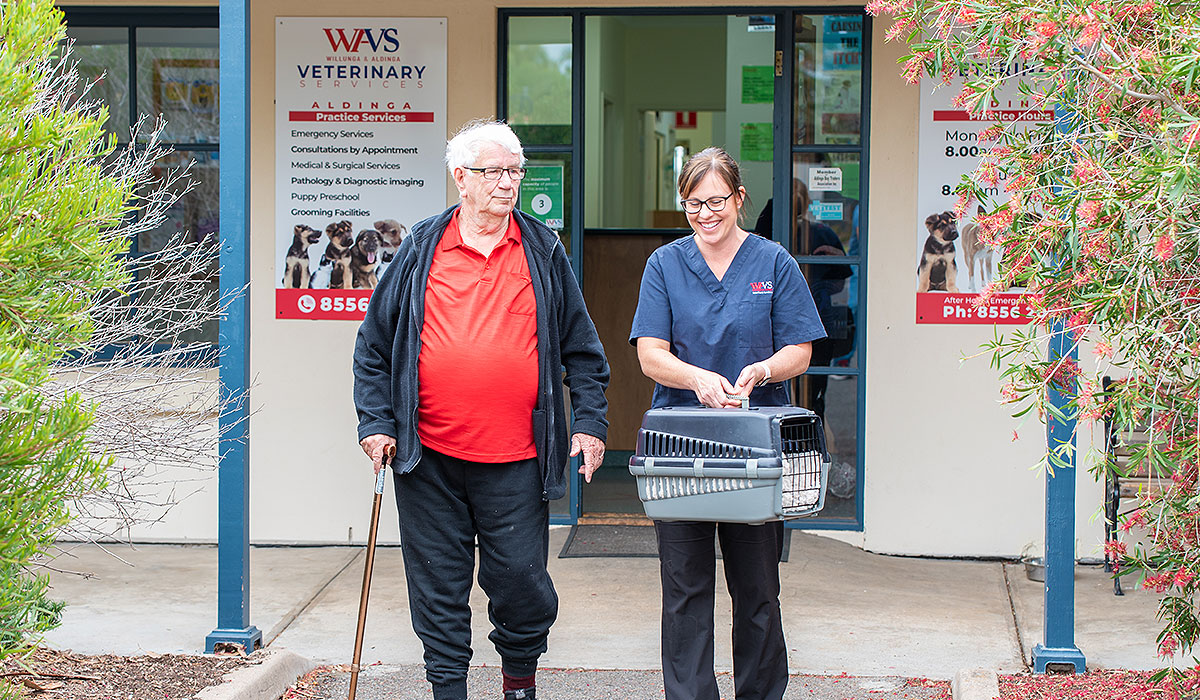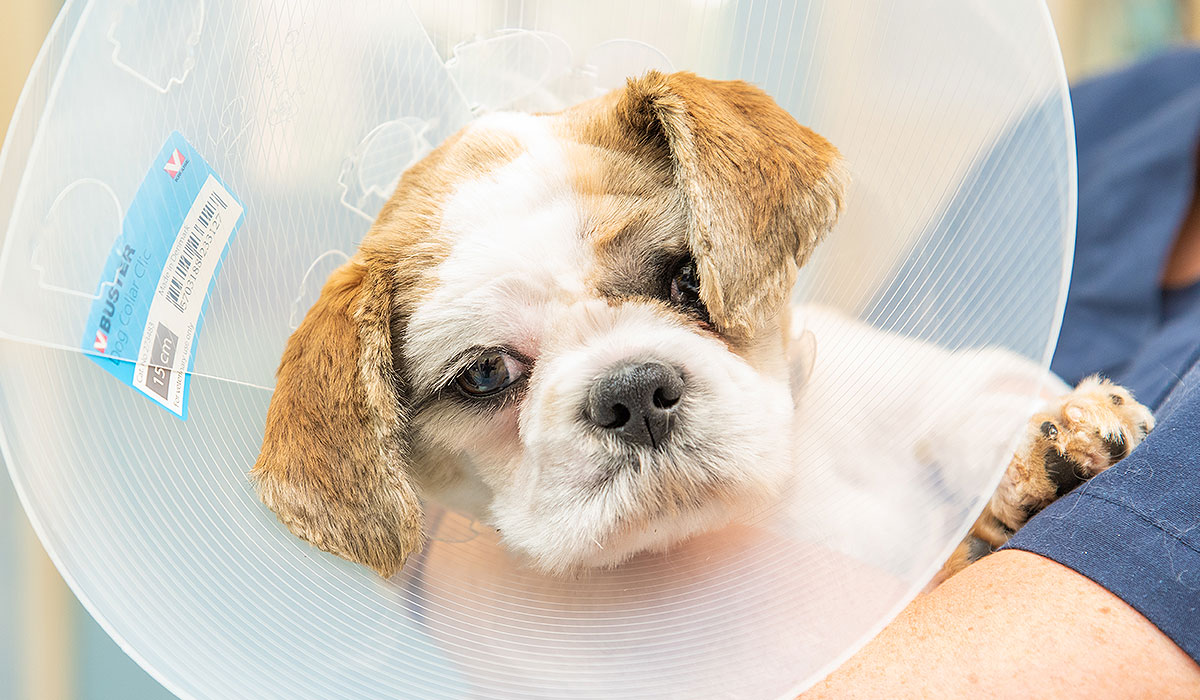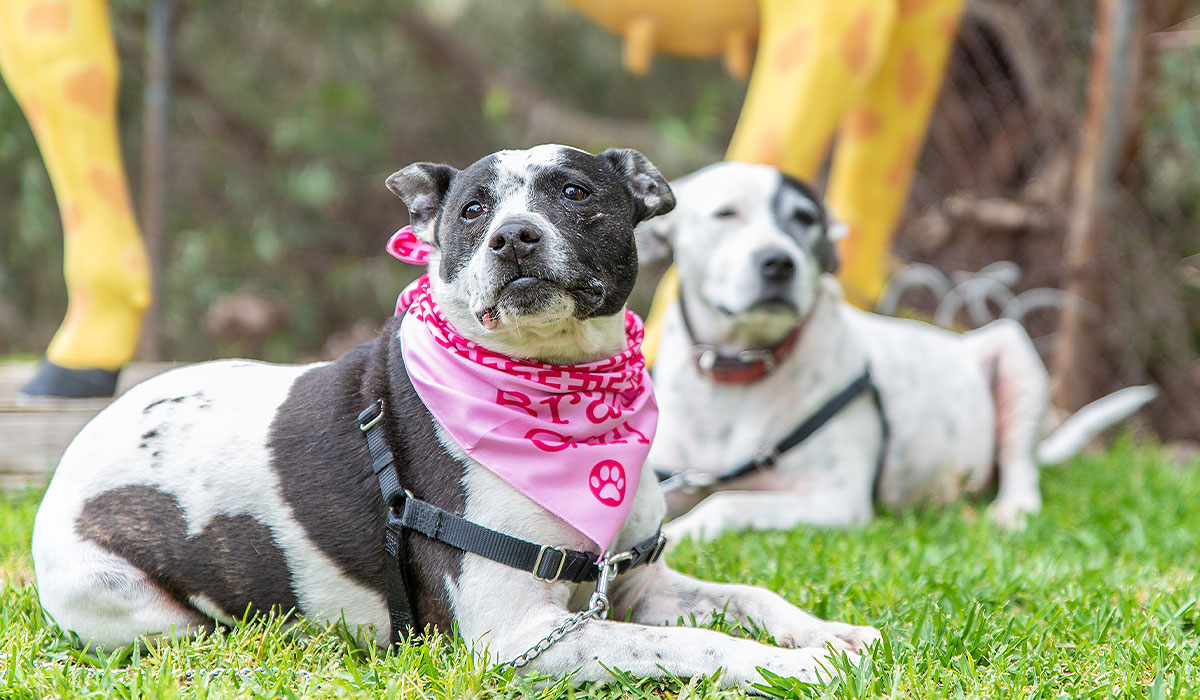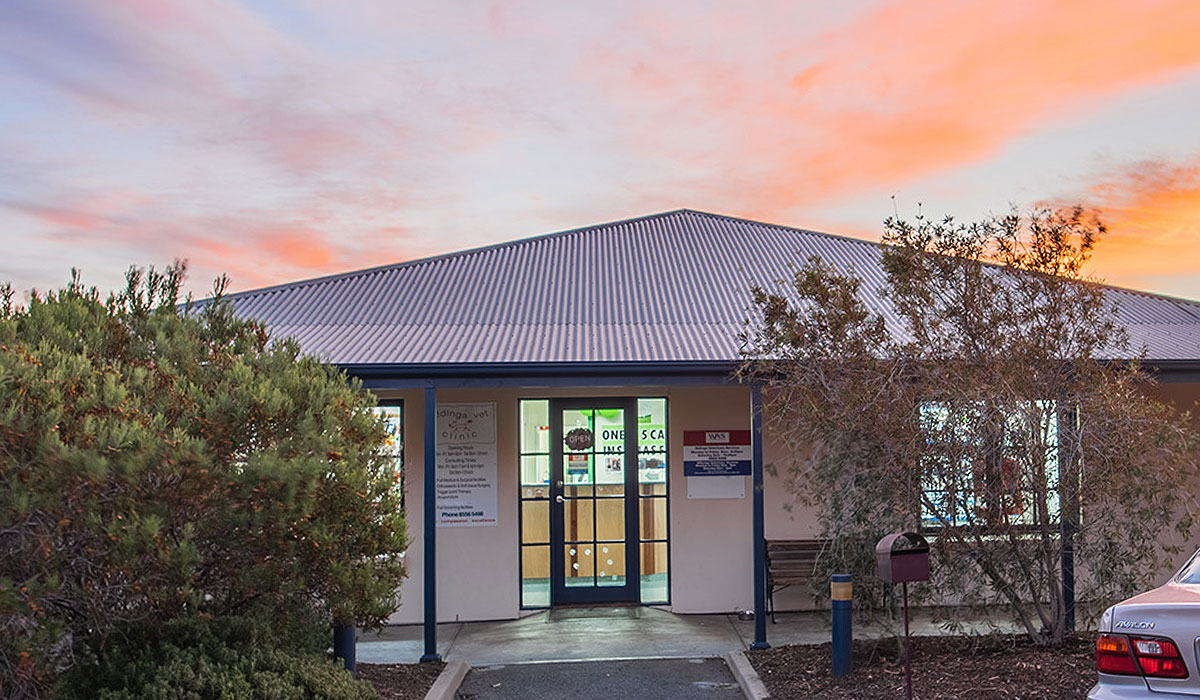
Desexing

Desexing

Desexing your pet at Willunga and Aldinga Vet
We recommend desexing your dog and cat for a number of reasons. Desexing can reduce aggressive and territorial behaviours, like fighting and wandering. It can reduce the incidence of disease such as mammary and testicular cancer, prostate diseases, perineal hernias and uterine issues such as pyometron (a potentially life threatening condition where the uterus fills with pus). It also reduces the number of unwanted puppies and kittens.
Desexing is a routine day surgery that requires a general anaesthetic, with pets being admitted the morning of the surgery and generally going home late afternoon. For female dogs and cats, desexing involves the removal of the ovaries and the uterus (ovariohysterectomy) through a small incision made on the abdomen. For male dogs, it involves the removal of both testicles through an incision just in front of the scrotum (for dogs) or two incisions made on the scrotum (for cats). During surgery a tattoo will be placed on the inside of the left ear as an indicator your pet has been desexed.
Desexing in Aldinga & Willunga
Your pet will need to be kept quiet for the next few days after surgery and will often go home with an Elizabethan collar so they can’t lick their wound. A discharge instruction sheet will contain most of the information you need to care for your pet over the next few days. You will also be given post operative pain relief for your pet. Your pet will need a post operative check 7 to 10 days post surgery, to make sure their wound is healing ok and to have stitches removed.

Is Desexing Required in South Australia?
From the 1st of July 2018 it is required in South Australia that all dogs and cats born after this date are desexed, unless owned by a registered breeder. Vets may however grant a temporary exemption, if they believe that desexing will pose an undue risk to the health of the dog or cat or adversely affecting the growth, development or wellbeing of the dog or cat.

Free Desexing advice consultations for dogs
There is updated advice regarding when desexing is best for your dog. This will take into account the size and breed of your dog and other health factors. We offer free desexing advice consultations to help you decide the best time for your dog.
Willunga Vet Services
(08) 8556 2075
37 Main Road
Willunga SA 5172
Mon - Fri: 8am to 5:30pm
Sat: 8am to 2:30pm
Sun: closed
Aldinga Vet Services
(08) 8556 5498
16 Heathersay Avenue
Aldinga Beach SA 5173
Mon - Fri: 8am to 5:30pm
Sat: 8am to 2:30pm
Sun: closed
Mt Compass Vet Services
(08) 8556 2496
2018 Victor Harbor Road
Mt Compass SA 5210
Mon - Fri: 8am to 5:30pm
Sat & Sun: Closed
On Call 24 Hours
